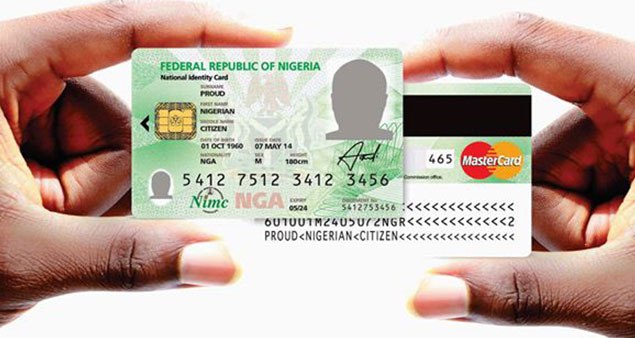
BRIEF HISTORY OF NYSC
“with a view to the proper encouragement and development of common ties among the youths of Nigeria and the promotion of national unity”.
The purpose of the scheme is primarily to inculcate in Nigerian Youths the spirit of selfless service to the community, and to emphasize the spirit of oneness and brotherhood of all Nigerians, irrespective of cultural or social background. The history of our country since independence has clearly indicated the need for unity amongst all our people, and demonstrated the fact that no cultural or geographical entity can exist in isolation.
HISTORICAL BACKGROUND OF NYSC
It is obvious that most Nigerians, especially young graduates, do not know the underlying rationale behind the establishment of the NYSC Scheme. Hence you hear them ask questions as: What is even the need for NYSC, must I serve my country in the form of a compulsory 1 year NYSC?
While we are not disputing the fact that so many challenges have been faced over the past as a result of the NYSC Scheme, we cannot on the other disagree that the Scheme has not done much good than harm.
In other words, the advantage of the Scheme, far outweighs what might appear to be the disadvantages.
It is as a result of this, that I find it indispensable to give an account in brevity, what inspired the establishment of the NYSC Scheme.
Nigeria gained her independence on October 1st 1960, as a federation of three regions (northern, western, and eastern), under a constitution that provided for a parliamentary form of government. The British Monarch- the Queen of England, was still the head of state of Nigeria.
Dr Nnamdi Azikiwe became the first indigenous Governor General. Though, he was only representing the Queen of England, while Alhaji Tafawa Balewa was the prime minister. He exercised the real executive power as the country was still structured after the British Parliamentary system of government.
On October 1963 the country, became a Federal Republic. Dr Nnamdi Azikiwe, the last Governor General, became the country’s first President, while Alhaji Tafawa Balewa remained the Prime Minister. The British Monarch- the Queen of England ceased to be the Head of State of Nigeria.
However, the First Republic was replete with corruption, ethnic politics and sentimentality, nepotism, etc.
As a result of these, on January 15, 1966, a small group of army officers, mostly south-eastern Igbos, led by Major Kaduna Chukwuma Nzeogwu, in a bloody coup, overthrew the government and assassinated the federal prime minister and the premiers of the northern and western regions.
The federal military government that assumed power under Major General Aguyi Ironsi, was unable to quieten the ethnic tensions or produce a constitution acceptable to all sections of the country. Matters exacerbated when through Decree no. 15 (the Unification Decree), Ironsi abolished Nigeria’s Federalism and established a Unitary Form of Government.
As a result of the existing tension and fears, there was a counter-coup masterminded by Northern officers. This counter-coup ousted Aguiyi Ironsi from office and established the leadership of Major General Yakubu Gowon. The subsequent massacre of thousands of Igbo in the north prompted hundreds of thousands of them to return to the southeast, where increasingly strong Igbo secessionist sentiment emerged.
Lt. Col. Ojukwu, the then Military Governor of the Eastern Region described the counter-coup as ‘’brutal and planned annihilation of officers of Eastern Region.
Hence, as a result of Gowon’s inability to abate the incessant murderous attacks launched against the Easterners in the North, Ojukwu on May 30th, declared the Eastern Region an independent State by the name the REPUBLIC OF BIAFRA.
Secession was not an option, as the Federal Republic of Nigeria under the leadership of Lt. Col. Gowon saw Ojukwu’s declaration as a rebellion against Nigeria.
This led to the Nigeria Civil war which started in the early hours of July 6, 1967. The Civil war which lasted for 3 years (July 6, 1967 to January 13, 1970), ended with Gowon’s declaration of a no winner no vanquished policy.
Gowon in an attempt to rebuild the Country, embarked on what is known as the 3R’s- Reconstruction, Rehabilitation and Reconciliation.
It was in pursuance of the 3R’s that Gowon in 1973 under Decree no. 24, established the National Youth Service (NYSC) Scheme. The Scheme is aimed at encouraging and developing common ties among the Youths, and to promote national Unity.
I iterate, the NYSC Scheme was established to promote National Consciousness and Patriotism among Nigerian Youths, and to enable Young Nigerian graduates interact with their peers outside their States of Origin and also to avail them the opportunity of residing and working for the Country other than their States of Origin. The Ultimate aim is to promote national Unity and Integration.





